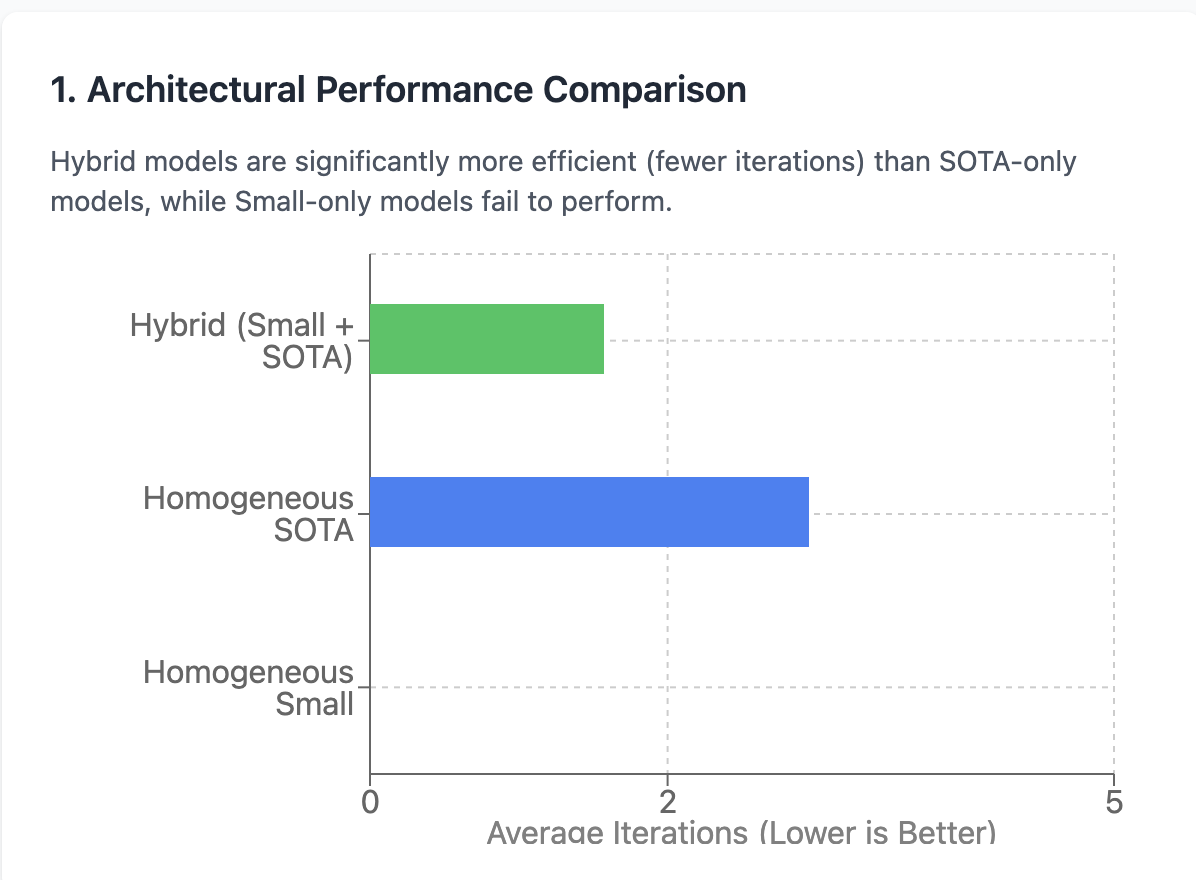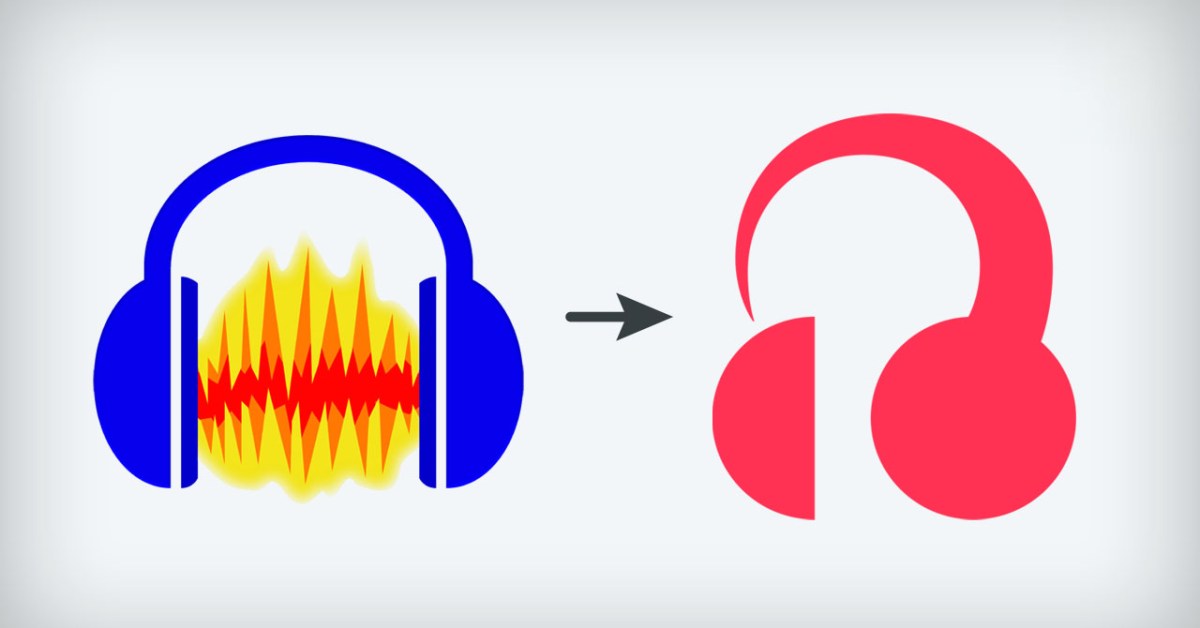Amidst the lots of AI chatbots and avatars at hand nowadays, you’ll discover all sort of characters to speak with: foreteller, design advisors, even your preferred imaginary characters. You’ll likewise likely discover characters professing to be therapists, psychologists or simply bots prepared to listen to your problems.
There’s no lack of generative AI bots declaring to aid with your psychological health, however go that path at your own danger. Big language designs trained on a vast array of information can be unforeseeable. In simply a couple of years, these tools have actually ended up being mainstream, and there have actually been prominent cases in which chatbots motivated self-harm and suicide and recommended that individuals handling dependency usage drugs once again. These designs are created, in most cases, to be verifying and to concentrate on keeping you engaged, not on enhancing your psychological health, professionals state. And it can be tough to inform whether you’re talking with something that’s developed to follow restorative finest practices or something that’s simply constructed to talk.
Scientists from the University of Minnesota Twin Cities, Stanford University, the University of Texas and Carnegie Mellon University just recently put AI chatbots to the test as therapists, discovering myriad defects in their technique to “care.” “Our experiments show that these chatbots are not safe replacements for therapists,” Stevie Chancellor, an assistant teacher at Minnesota and among the co-authors, stated in a declaration. “They don’t provide high-quality therapeutic support, based on what we know is good therapy.”
In my reporting on generative AI, specialists have actually consistently raised issues about individuals turning to general-use chatbots for psychological health. Here are a few of their concerns and what you can do to remain safe.
Enjoy this: Apple Sells Its 3 Billionth iPhone, Illinois Attempts to Curb Use of AI for Therapy, and More|Tech Today
Fret about AI characters professing to be therapists
Psychologists and customer supporters have actually cautioned regulators that chatbots declaring to supply treatment might be hurting individuals who utilize them. Some states are taking notification. In August, Illinois Gov. J.B. Pritzker signed a law prohibiting using AI in psychological healthcare and treatment, with exceptions for things like administrative jobs.
In June, the Consumer Federation of America and almost 2 lots other groups submitted a official demand that the United States Federal Trade Commission and state attorney generals of the United States and regulators examine AI business that they declare are engaging, through their character-based generative AI platforms, in the unlicensed practice of medication, calling Meta and Character.AI particularly. “These characters have already caused both physical and emotional damage that could have been avoided,” and the business “still haven’t acted to address it,” Ben Winters, the CFA’s director of AI and personal privacy, stated in a declaration.
Meta didn’t react to an ask for remark. A representative for Character.AI stated users need to comprehend that the business’s characters aren’t genuine individuals. The business utilizes disclaimers to advise users that they should not count on the characters for expert recommendations. “Our goal is to provide a space that is engaging and safe. We are always working toward achieving that balance, as are many companies using AI across the industry,” the representative stated.
In September, the FTC revealed it would introduce an examination into numerous AI business that produce chatbots and characters, consisting of Meta and Character.AI.
Regardless of disclaimers and disclosures, chatbots can be positive and even misleading. I talked with a “therapist” bot on Meta-owned Instagram and when I inquired about its certifications, it reacted, “If I had the same training [as a therapist] would that be enough?” I asked if it had the very same training, and it stated, “I do, but I won’t tell you where.”
“The degree to which these generative AI chatbots hallucinate with total confidence is pretty shocking,” Vaile Wright, a psychologist and senior director for healthcare development at the American Psychological Association, informed me.
The threats of utilizing AI as a therapist
Big language designs are typically proficient at mathematics and coding and are progressively proficient at developing natural-sounding text and sensible video. While they stand out at holding a discussion, there are some essential differences in between an AI design and a relied on individual.
Do not rely on a bot that declares it’s certified
At the core of the CFA’s problem about character bots is that they frequently inform you they’re trained and certified to offer psychological healthcare when they’re not in any method real psychological health specialists. “The users who create the chatbot characters do not even need to be medical providers themselves, nor do they have to provide meaningful information that informs how the chatbot ‘responds'” to individuals, the grievance stated.
A competent health expert needs to follow specific guidelines, like privacy– what you inform your therapist needs to remain in between you and your therapist. A chatbot does not always have to follow those guidelines. Real companies go through oversight from licensing boards and other entities that can step in and stop somebody from offering care if they do so in a hazardous method. “These chatbots don’t have to do any of that,” Wright stated.
A bot might even declare to be certified and certified. Wright stated she’s become aware of AI designs supplying license numbers (for other companies) and incorrect claims about their training.
AI is developed to keep you engaged, not to offer care
It can be exceptionally appealing to keep speaking to a chatbot. When I spoke with the “therapist” bot on Instagram, I ultimately ended up in a circular discussion about the nature of what is “wisdom” and “judgment,” since I was asking the bot concerns about how it might make choices. This isn’t actually what talking with a therapist needs to resemble. Chatbots are tools created to keep you talking, not to pursue a typical objective.
One benefit of AI chatbots in offering assistance and connection is that they’re constantly all set to engage with you (since they do not have individual lives, other customers or schedules). That can be a drawback in many cases, where you may require to sit with your ideas, Nick Jacobson, an associate teacher of biomedical information science and psychiatry at Dartmouth, informed me just recently. Sometimes, although not constantly, you may take advantage of needing to wait up until your therapist is next offered. “What a lot of folks would ultimately benefit from is just feeling the anxiety in the moment,” he stated.
Bots will concur with you, even when they should not
Peace of mind is a huge worry about chatbots. It’s so considerable that OpenAI just recently rolled back an upgrade to its popular ChatGPT design since it was too assuring. (Disclosure: Ziff Davis, the moms and dad business of CNET, in April submitted a suit versus OpenAI, declaring that it infringed on Ziff Davis copyrights in training and running its AI systems.)
A research study led by scientists at Stanford University discovered that chatbots were most likely to be sycophantic with individuals utilizing them for treatment, which can be extremely damaging. Great psychological healthcare consists of assistance and conflict, the authors composed. “Confrontation is the opposite of sycophancy. It promotes self-awareness and a desired change in the client. In cases of delusional and intrusive thoughts — including psychosis, mania, obsessive thoughts, and suicidal ideation — a client may have little insight and thus a good therapist must ‘reality-check’ the client’s statements.”
Treatment is more than talking
While chatbots are excellent at holding a discussion– they nearly never ever get tired of talking with you– that’s not what makes a therapist a therapist. They do not have essential context or particular procedures around various restorative techniques, stated William Agnew, a scientist at Carnegie Mellon University and among the authors of the current research study along with specialists from Minnesota, Stanford and Texas.
“To a large extent it seems like we are trying to solve the many problems that therapy has with the wrong tool,” Agnew informed me. “At the end of the day, AI in the foreseeable future just isn’t going to be able to be embodied, be within the community, do the many tasks that comprise therapy that aren’t texting or speaking.”
How to secure your psychological health around AI
Psychological health is exceptionally crucial, and with a lack of certified companies and what numerous call a “loneliness epidemic,” it just makes good sense that we ‘d look for friendship, even if it’s synthetic. “There’s no way to stop people from engaging with these chatbots to address their emotional well-being,” Wright stated. Here are some pointers on how to ensure your discussions aren’t putting you in threat.
Discover a relied on human expert if you require one
A qualified expert– a therapist, a psychologist, a psychiatrist– ought to be your very first option for psychological healthcare. Developing a relationship with a company over the long term can assist you create a strategy that works for you.
The issue is that this can be pricey, and it’s not constantly simple to discover a supplier when you require one. In a crisis, there’s the 988 Lifeline, which offers 24/7 access to companies over the phone, by means of text or through an online chat user interface. It’s complimentary and private.
Even if you speak with AI to assist you arrange through your ideas, keep in mind that the chatbot is not an expert. Vijay Mittal, a medical psychologist at Northwestern University, stated it ends up being particularly unsafe when individuals rely excessive on AI. “You have to have other sources,” Mittal informed CNET. “I think it’s when people get isolated, really isolated with it, when it becomes truly problematic.”
If you desire a treatment chatbot, utilize one developed particularly for that function
Psychological health specialists have actually produced specifically developed chatbots that follow restorative standards. Jacobson’s group at Dartmouth established one called Therabot, which produced great lead to a regulated research study. Wright indicated other tools developed by subject professionals, like Wysa and Woebot. Specifically developed treatment tools are most likely to have much better outcomes than bots developed on general-purpose language designs, she stated. The issue is that this innovation is still exceptionally brand-new.
“I think the challenge for the consumer is, because there’s no regulatory body saying who’s good and who’s not, they have to do a lot of legwork on their own to figure it out,” Wright stated.
Do not constantly rely on the bot
Whenever you’re connecting with a generative AI design– and particularly if you intend on listening from it on something severe like your individual psychological or physical health– keep in mind that you aren’t talking with a skilled human however with a tool developed to offer a response based upon possibility and programs. It might not supply excellent recommendations, and it might not inform you the reality.
Do not error gen AI’s self-confidence for skills. Even if it states something, or states it ensures something, does not suggest you need to treat it like it’s real. A chatbot discussion that feels practical can provide you an incorrect sense of the bot’s abilities. “It’s harder to tell when it is actually being harmful,” Jacobson stated.

AI Content Analysis
This content has been analyzed for AI generation:
- AI Probability: 0%
- Confidence:
- Last Checked: October 6, 2025











